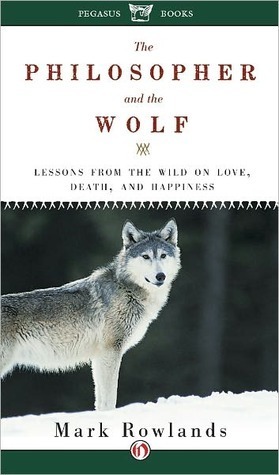What do you think?
Rate this book


268 pages, Kindle Edition
First published January 1, 2008

This is also a book about what it means to be human - not as a biological entity but as a creature that can do things no other creatures can. In the stories we tell about ourselves, our uniqueness is a common refrain. According to some, this lies in our ability to create civilization, and so protect ourselves from nature, red in tooth and claw. Others point to the fact that we are the only creatures that can understand the difference between good and evil, and therefore are the only creatures capable of being good or evil. Some say we are unique because we have reason: we are rational animals alone in a world of irrational brutes. Others think it is our use of language that decisively separates us from dumb animals. Some say we are unique because we alone are capable of free will and action. Others think our uniqueness lies in the fact that we alone are capable of love. Some say that we alone are capable of understanding the nature and basis of true happiness. Others think we are unique because we alone can understand that we are going to die.
I don't believe any of these stories as accounts of a critical gulf between us and other creatures. Some of the things we think they can't do, they can. And some of the things we think we can do, we can't. As for the rest, well, it's mostly a matter of degree rather than kind. Instead, our uniqueness lies simply in the fact that we tell these stories - and, what's more, we can actually get ourselves to believe them. If I wanted a one-sentence definition of human beings, this would do: humans are the animals that believe the stories they tell about themselves. Humans are credulous animals.